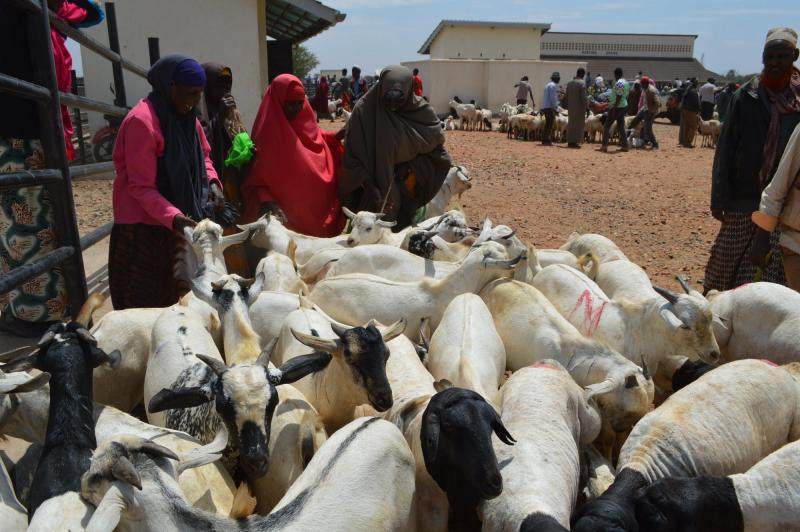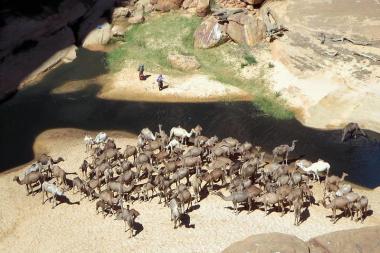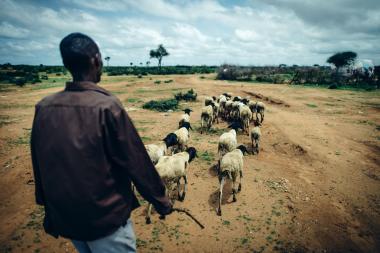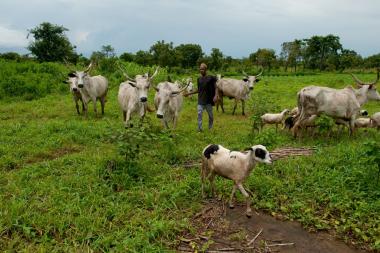SPARC partner publication
Climate change and transboundary risks in African rangelands
This report, and accompanying brief, align current thinking on transboundary climate risk pathways with research on climate risk for pastoralists in African rangelands.
Publisher CGIAR
This report, and accompanying brief, aligns current thinking on transboundary climate risk pathways with research on climate risk for pastoralists in African rangelands. Four pathways for transboundary transmission of climate risk were used as a framework for a narrative review of research literature on pastoralism and climate change.
Selected cases were presented to highlight conclusions and recommendations. Pastoralism research reflects many aspects of risk management, particularly its relationship to mobility and the development of appropriate non-equilibrium models of pastoralist decision-making. However, the research contains limited probability-based analysis that aligns with formal risk pathways that link risk triggers to impact by way of interacting and cascading systemic risk.
The impacts of climate change on pastoralists and rangeland functions have been extensively researched, but links to formal treatment of risk has been limited. Although international transboundary risk management has not been widely addressed with respect to rangelands, a number of related topics are suited to the risk analysis discussed. Research identified in the literature review focuses primarily on the adoption of technology and other interventions. Consistent results emerged from factors predisposing to adaptation behaviour and enhanced vulnerability of pastoralists. These were able to be linked to the five risk pathways identified but with limited formal treatment of risk. Research gaps were identified, primarily surrounding definitional and quantitative advances, and the opportunity to better inform policy and the design of interventions.

Technical Centre for Agricultural and Rural Cooperation (CTA) enhancing market response to resilience in livestock value chain in Eastern Africa (CLI-MARK) project, Kenya
Credit Image by CTA / EU - CC BY-NC-ND 2.0


